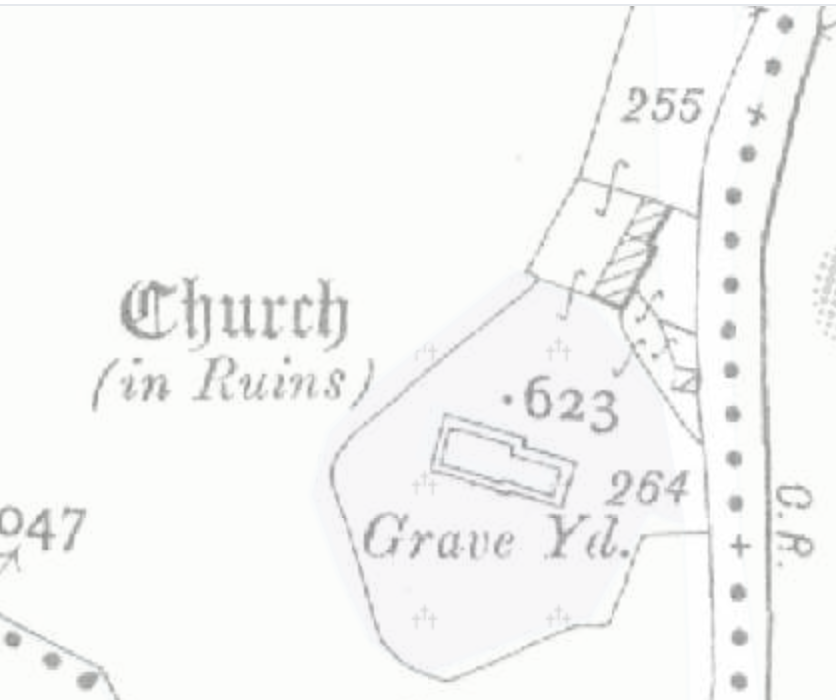|
Lickbla (civil Parish)
Lickbla (pronounced ''Lick-blay,'' in Irish: ''Leicc Bladma'' meaning "Bladma's Leacht or Hearth"), is a historic monument, civil parish, religious parish, and townland, in County Westmeath, Ireland. It is located about north of Mullingar. St. Bladma is listed in the Martyrology of Oengus (died 11 March 824) as a saint: "''Bladma, i.e. from Blad son of Conmac Cas Clothach, grandson of Tachall son of Cermait, son of the Dagda, a quo nominatur. Or Blad son of Breogan, a quo Sliab Bladma''" whose feastday is 7 April and 20 November. The civil parish of Lickbla is one of 8 civil parishes in the barony of Fore in the Province of Leinster. The civil parish covers . Lickbla civil parish comprises 24 townlands: Ardnagross, Ballynagall, Ballynagall Little, Ballynameagh, Balrath, Bigwood, Camagh, Carlanstown, Castletown Lower, Castletown Upper, Clonrobert, Clonsura, Curry, Derrycrave, Doon, Gilbertstown, Lickbla, Littlewood, Martinstown, Mullagh, Newcastle, Rathcreeva ... [...More Info...] [...Related Items...] OR: [Wikipedia] [Google] [Baidu] |
Civil Parishes In Ireland
Civil parishes () are units of territory in the island of Ireland that have their origins in old Gaelic territorial divisions. They were adopted by the Anglo-Norman Lordship of Ireland and then by the Elizabethan Kingdom of Ireland, and were formalised as land divisions at the time of the Plantations of Ireland. They no longer correspond to the boundaries of Roman Catholic or Church of Ireland parishes, which are generally larger. Their use as administrative units was gradually replaced by Poor_law_union#Ireland, Poor Law Divisions in the 19th century, although they were not formally abolished. Today they are still sometimes used for legal purposes, such as to locate property in deeds of property registered between 1833 and 1946. Origins The Irish parish was based on the Gaelic territorial unit called a ''túath'' or ''Trícha cét''. Following the Norman invasion of Ireland, the Anglo-Normans, Anglo-Norman barons retained the ''tuath'', later renamed a parish or manor, as a un ... [...More Info...] [...Related Items...] OR: [Wikipedia] [Google] [Baidu] |

